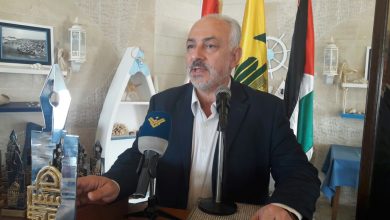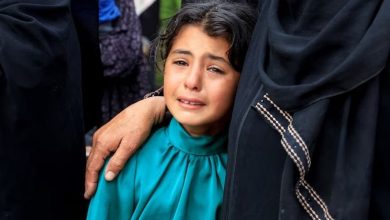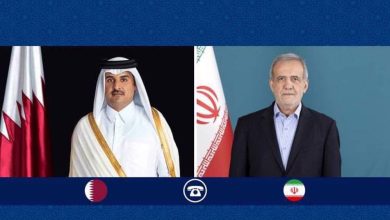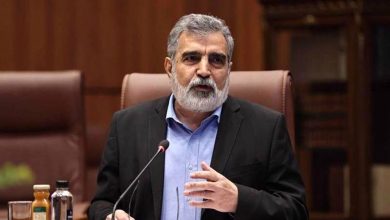Iran Offers Nuclear and Technological Collaboration to Iraq, Leader Announces
Iranian President Masoud Pezeshkian held talks with Iraq's Deputy Prime Minister, Fuad Hussein, in Tehran. The discussions focused on enhancing bilateral cooperation and strengthening regional relationships.
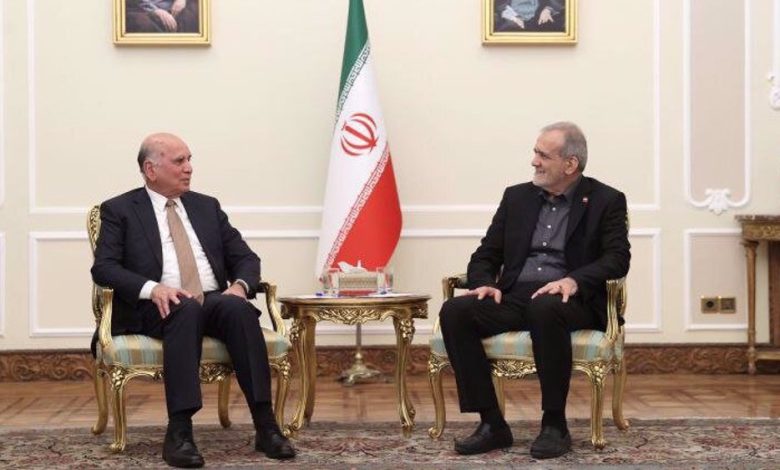
During the second day of the Tehran Dialogue Forum held on Monday, Pezeshkian underscored Iran’s readiness to collaborate with other Islamic and neighboring nations by sharing its technological expertise. This cooperation extends to peaceful nuclear applications in fields such as medicine and agriculture.
The Iraqi minister highlighted the continuous growth in trade and economic ties between the two nations.
In discussions surrounding the indirect negotiations between the United States and Iran, Pezeshkian stated that Iran is prepared to address nuclear concerns, contingent upon genuine actions by the United States.
He emphasized that Iran is fully capable of achieving growth and progress independently, without requiring external approval.
The Trump administration has persistently urged Iraq to reduce its economic and diplomatic engagement with Iran.
On March 8, the U.S. administration announced the termination of a sanctions waiver that permitted the Iraqi government to purchase electricity from Iran.
In the weeks following, Iraq received a temporary sanctions waiver from the US administration, allowing the nation to address its energy requirements through the importation of Iranian electricity.
Iran stands as the primary provider of natural gas to Iraq, supplying up to 45% of the nation’s daily electricity needs, which total 14,000 megawatts.
Last month, Hazem al-Khalidi, an advisor to Iraqi Prime Minister Mohammad Shia al-Sudani, led a delegation to Tehran. The talks concentrated on strengthening cross-border trade and infrastructure development between the two nations.
Discussions focused on finalizing agreements concerning the Shalamcheh–Basra railway connecting the two nations, as well as the establishment of joint free trade and industrial zones along their shared border.
Iraq and Iran are actively working to elevate their bilateral trade, targeting a substantial increase to $25 billion per year.



